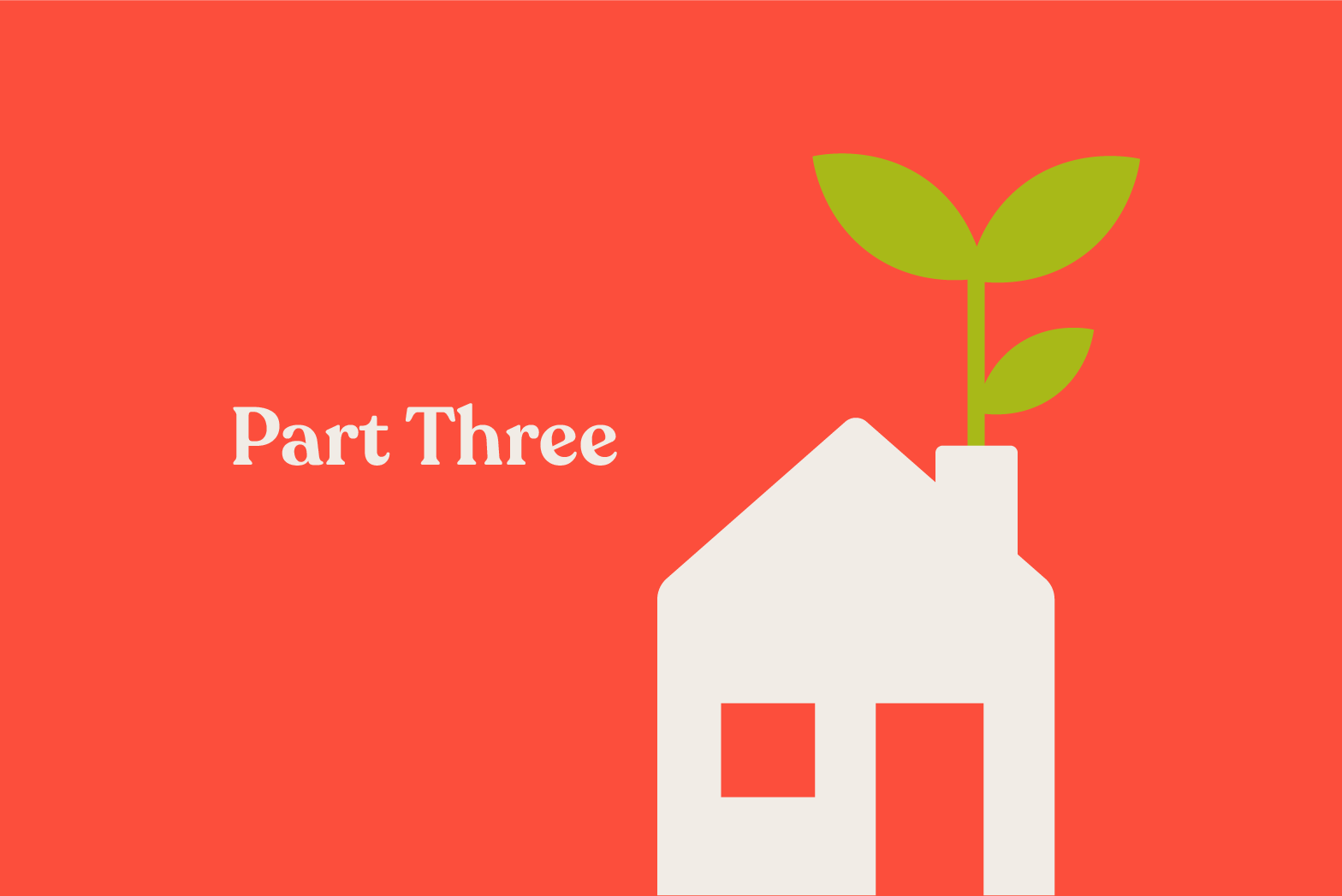What did lockdown teach us Part 3: Business Structure
- Uncategorised
- .
- September 18, 2020

Regardless of how lockdown impacted your business, you will likely have struggled. It might have been due to financial loss, adapting to new ways of working, or dealing with huge amounts of unexpected demand that pushed operational procedure to its limits.
Regardless of the struggle however, all businesses can agree that the need for speed, agility and quality has never been greater. And many are rising to the challenge.
Every week we speak to a new business and every week we hear an inspiring story of radical, positive change.
An underlying theme is one of focusing on outcomes not tasks. This is not a new approach however. The Lean methodology revolves around this core premise and existed back in 1930 whilst popular business books such as Will It Make The Boat Go Faster provide real life accounts of putting such principles in action.
Because of the pandemic, however, leadership teams need to embrace this way of thinking now more than ever.
The results are businesses built for speed and ongoing improvement. With this come a number of powerful benefits including faster response times to customer demand, enhanced capacity, better performance, increased cost efficiency and higher ROI’s.
In our third and final look at ‘What did lockdown teach us?’ I look at ways businesses are evolving to focus on speed.
Building a business for speed
As businesses evolve to focus on speed, here are some of the key changes we’ve seen our clients make to their processes and culture to achieve this objective:
Diversifying
Another lesson lockdown taught us is the importance of diversifying your offering. We saw this in manufacturing where businesses changed production lines to service new customer demand in the form of PPE and facemasks.
Businesses can reduce their risk by operating in a variety of different ways. This can create a number of challenges from identifying what new markets to go into, understanding new breakeven points, factoring in unexpected costs and many other considerations. As a Growth Accountant, we have been supporting our clients through this process with forecasting, modelling and even using our knowledge across a range of sectors to identify which industries have done well at different stages of a lockdown.
The result is businesses who have effective strategies in place to pivot as the market changes. Wine bars that offer tasting classes over Zoom. Pubs that convert their beer gardens into ‘coffee to go stations’. Recruitment agencies that switch from placing perm staff to freelancers or temps. Marketing agencies that target boom sectors at different points of lockdown.